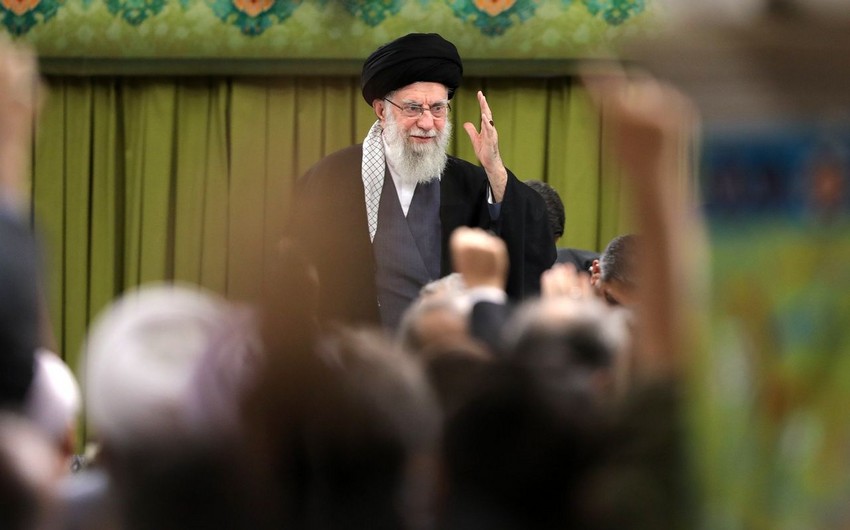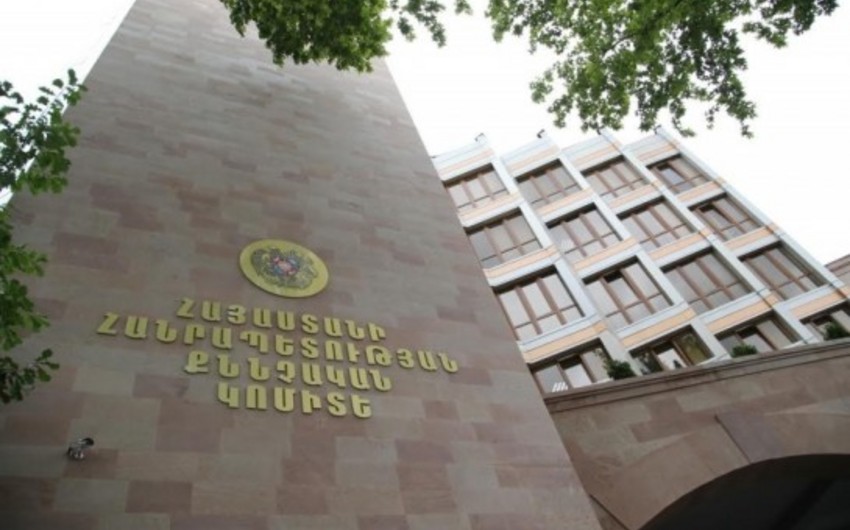Today marks the 85th anniversary of world-renowned economist, Nobel Peace Prize laureate, founder of the microcredit model, and pioneer of social entrepreneurship – Professor Muhammad Yunus, who also served as Prime Minister of Bangladesh.
Muhammad Yunus was born on June 28, 1940, in the village of Bathua in the Chittagong district of British India (present-day Bangladesh). From an early age, he demonstrated a strong interest in education and social engagement. After earning a Bachelor's degree in Economics at Chittagong University, he pursued his graduate and doctoral studies at Vanderbilt University in the United States through the prestigious Fulbright Scholarship.
After closely analyzing the post-independence socio-economic conditions of Bangladesh, Yunus initiated the Grameen (Village) microcredit model in 1976. Through his initiative, small loans ranging from $1 to $20 were provided to rural women. In 1983, this model was institutionalized as an official banking structure under the name of Grameen Bank.
In 2006, Muhammad Yunus and Grameen Bank were jointly awarded the Nobel Peace Prize. According to the official statement of the Nobel Committee, the award recognized "their efforts to create economic and social development from below through microcredit, especially to support low-income individuals, particularly women, in the fight against poverty."
Yunus is also the author of the concept of “social business” – a business model built not for profit, but for social impact. Today, his ideas are implemented in over 100 countries in various forms.
The cooperation between Professor Yunus and the International Eurasia Press Fund (IEPF/BAMF) dates back to 2010. Since then, the IEPF has been actively promoting his ideas in Azerbaijan and across the Eurasian region, focusing on developing institutional capacity in the field of social entrepreneurship.
In 2016, with the support and initiative of the IEPF, Professor Yunus’ globally acclaimed book “Banker to the Poor” was translated and published in the Azerbaijani language. That same year, Muhammad Yunus visited Azerbaijan at the invitation of the IEPF, where he held productive meetings with the President of the Republic of Azerbaijan, H.E. Mr. Ilham Aliyev, as well as with representatives of several ministries. He also attended the book’s official presentation at the IEPF headquarters and participated in the inauguration of the "Yunus Social Business Center" at the Azerbaijan State University of Economics (UNEC), where he was awarded the title of Honorary Professor.
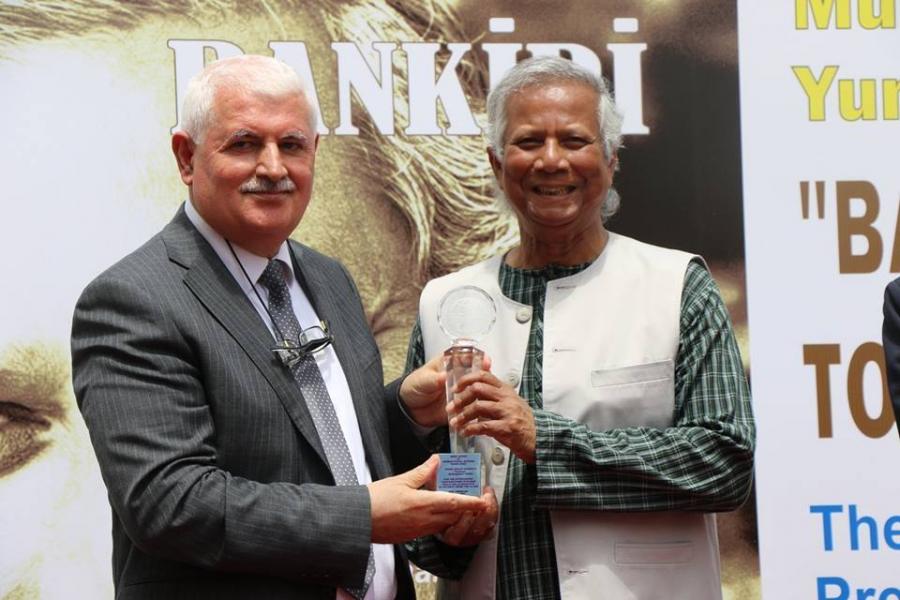
In March 2024, Professor Yunus made his second visit to Baku, during which he held meetings with the Board of Trustees of the IEPF.
His third visit to Azerbaijan took place in the framework of COP29, during which he met with the President of the Republic of Azerbaijan for the second time and actively participated in COP29 events.
Throughout his 85-year life, Muhammad Yunus has become a symbol of a visionary mindset that serves not only the economy but also humanity. His work proves that economic mechanisms built upon sound social philosophy can lead to deeper and more sustainable results.
On behalf of the IEPF family, led by Mr. Umud Mirzayev, we extend our heartfelt congratulations to Professor Muhammad Yunus on this significant milestone.

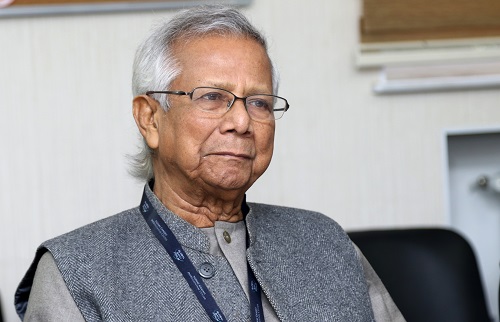
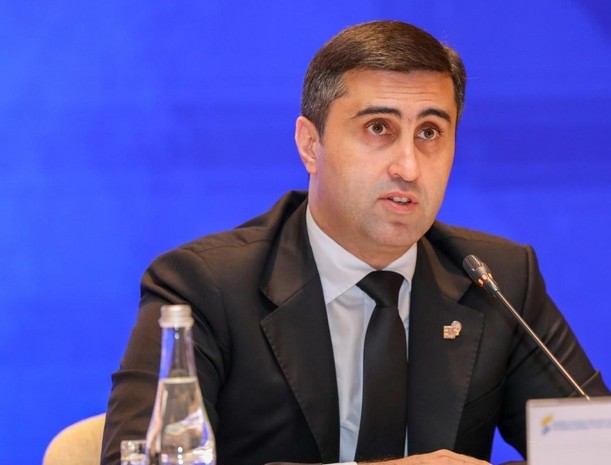
.jpg)


